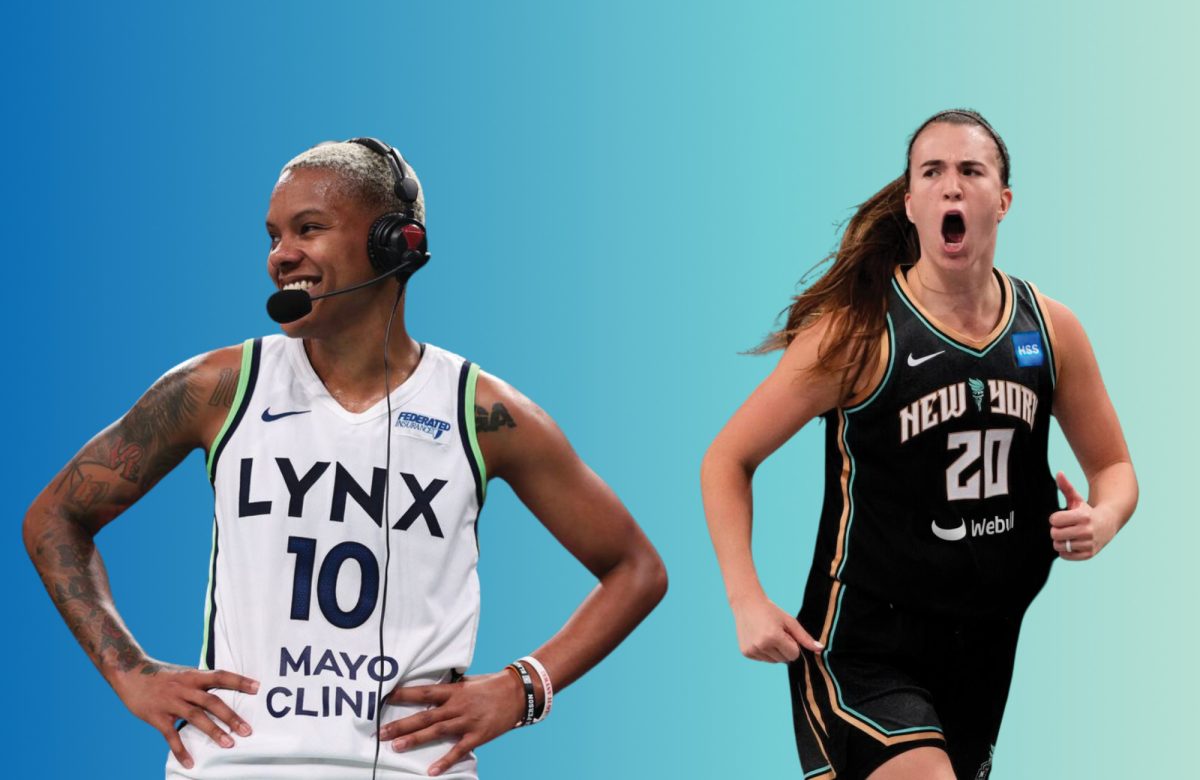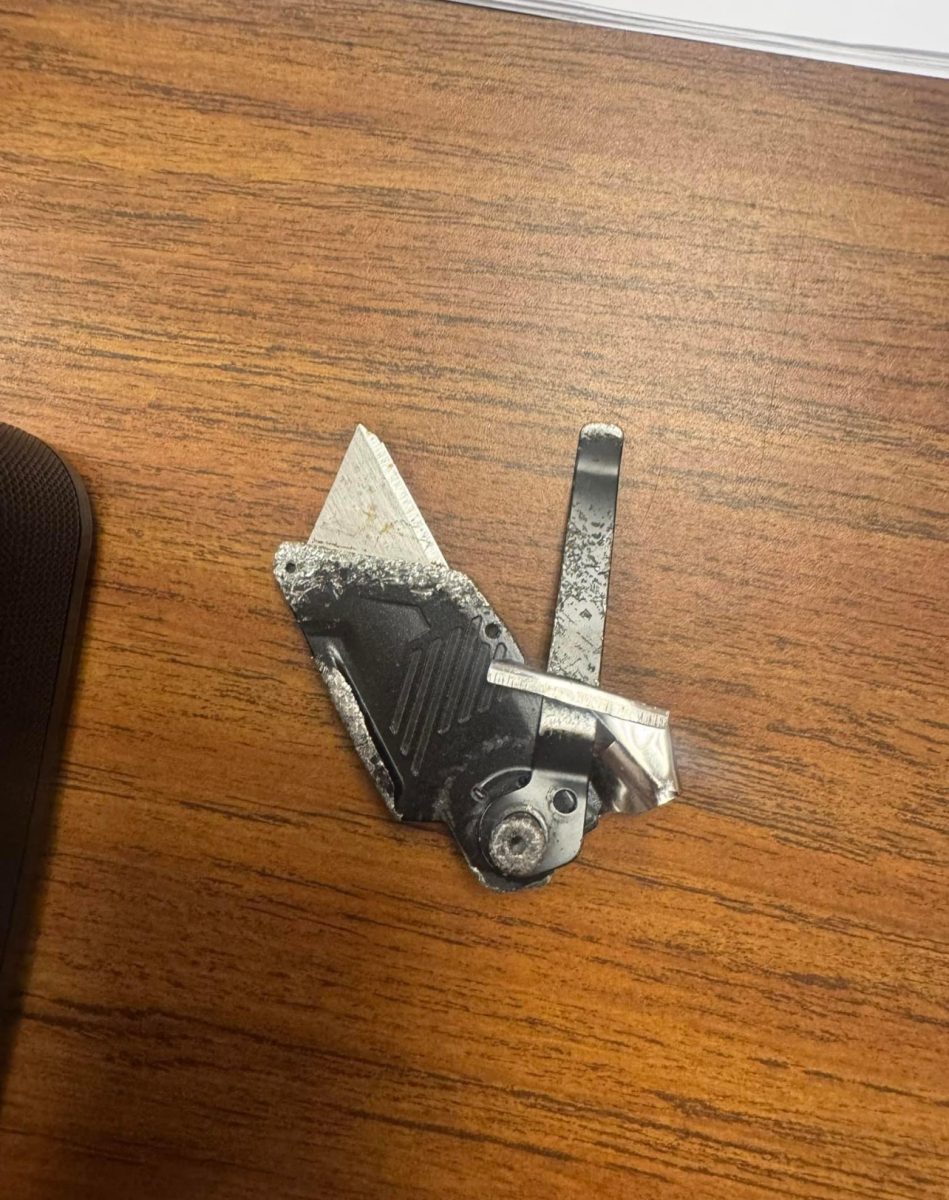While home on spring break, I was sitting and watching the ISU vs. Kansas game on EPSN with my friend and his family. During time-outs and in between quarters, reporters would try to get some answers out of coaches about how they are feeling and what they are thinking, which has become very common in today’s game.
I was just sitting there, not really noticing whether the reporter was female or male, when a family member of my friend commented on the dress the reporter was wearing and implied that women shouldn’t be reporting on men’s sports.
This just made me sick to my stomach, because I have three older sisters who know more about sports than a lot of the men I know. My sisters could tell you whether a team is consistently playing a cover 2, 3 or if they are playing man coverage; whereas some of my male friends don’t know the difference between a 3-4 and a 4-3.
That statement got me thinking, how many female analysts are there in today’s sports world? Now, to define an analyst and better understand they what they do; sports analyst provides expert discussion of sports-related topics before, during or after a sporting event.
Once I got home I went on the internet and found a list of ESPN analysts. Among that list of ESPN analysts I found one female, Doris Burke, who is an analyst for NBA and College Basketball.
Many of these misogynistic arguments for women not becoming analysts for men’s sports rely on the idea that they never played the game, so how could they possible analyze it. My first thought: that is the most ignorant argument anyone could make.
I recognize that most male professional athletes are stronger and faster than female professional athletes. I’m not trying to say they should be able to play together, because men and women are not the same, physically. My point is that although they may be different physically, there is no difference in their mental capabilities for sports analysis.
There are multiple male analysts who never played sports in college or high school, such as Chris Broussard, John Clayton, Andy Katz, Mel Kiper Jr., Todd McShay, Chris Mortensen, Adam Schefter, Digger Phelps and Dick Vitale. They never played a single minute of college basketball, but their analyses of the game are taken as gold. The reason that these analysts are taken seriously is because they have dedicated their life to studying the game; that doesn’t take physical talent.
It has become the norm for women to be seen as side-line reporters, co-host a studio show, or read highlights at an anchor desk. Yet, whenever people see or hear women doing an analysis of last night’s game, they don’t actually listen to what they are saying. They just complain about hearing a woman’s voice during men’s sports. They actually don’t come right out and say that they don’t like the sound of a woman’s voice. They come up with different excuses for their discomfort.
They say that she is inherently incapable. An analyst spends hours talking, chatting and discussing sports and sports-related things. If anyone can spend hours talking about something, then I think it would be a woman. I don’t see how men can think that women can’t love and respect the same game that they do. There is no chromosomal gene that makes a woman less capable of talking about others kicking, catching, shooting, or throwing a ball.
Another excuse is that she is butting into my “bro time.” Men, get over it. Men have no right to exclude women from a game that is loved by all humans.
I believe that we shouldn’t only let women into the conversation about sports, but we should encourage them to give their input. Also, when they do give their opinion and analyses, then we should listen and take it into consideration, because they are just as capable as men to give their analyses of sports.







